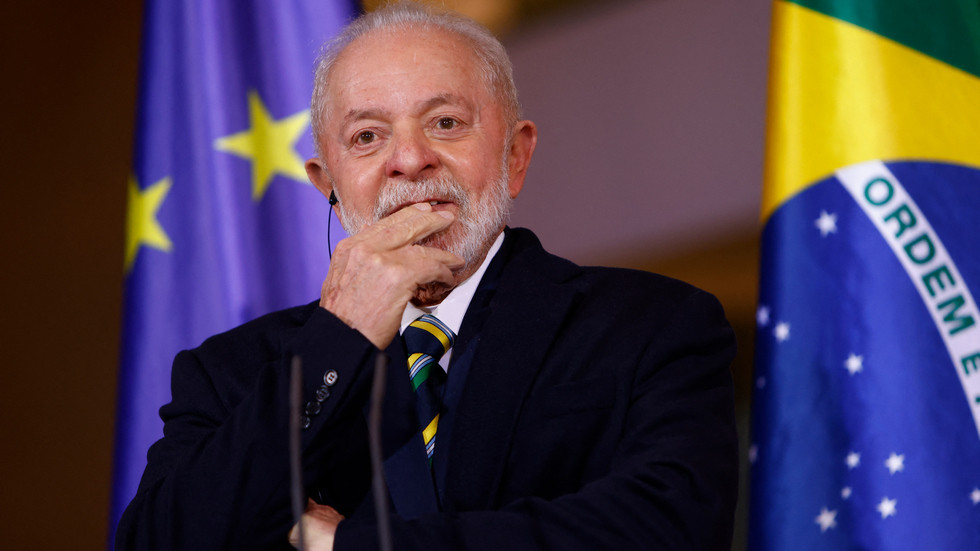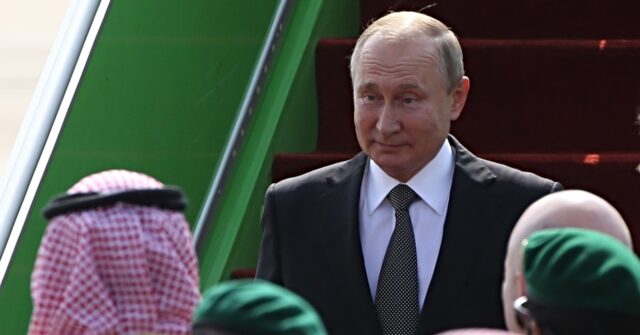Putin Visits UAE, Saudi Arabia on Rare Foreign Trip

The Facts
Russian President Vladimir Putin met the leaders of the United Arab Emirates (UAE) and Saudi Arabia during a rare one-day tour to the Middle East on Wednesday to discuss energy cooperation, trade, and the Hamas-Israel war.
On his first stop, Putin met with UAE’s President Mohamed bin Zayed Al Nahyan in Abu Dhabi, who welcomed the Russian leader as his "dear friend." During their talks, Putin said that Abu Dhabi’s "position" allowed bilateral ties to reach "an unprecedentedly high level," saying the Arab Emirate was "Russia’s main trading partner in the Arab world."
The Spin
Pro-establishment narrative
With his trip, Putin hoped to show that Russia remains a global player despite the international community's attempts to isolate Moscow over its Ukraine invasion. With regional anti-Americanism at an all-time high in light of the Israel-Hamas war, Putin is stepping up his efforts to bolster Russia's regional clout. Ultimately, however, the war sparked by Hamas reveals that the US remains the region's dominant military and political player, while Russia's actual influence is marginal. Added to this are the recent differences between Moscow and Riyadh over the OPEC+ oil production cuts. Putin's charm offensive is unlikely to yield any significant results.
Establishment-critical narrative
Putin's warm and respectful welcome in Saudi Arabia and the UAE highlighted yet again that the region is no longer willing to bow to the West's geopolitical interests and double standards. The fact that both Arab states are also key US partners underlines the growing influence of Moscow in the region, which recently agreed with Saudi Arabia to cut oil production to stabilize the crude market. Also, Russia enjoys regional recognition thanks to its balanced foreign policy stance and could play a mediating role in the Hamas-Ukraine conflict. Putin's goal was to assert himself on the world stage, and his trip proved that he has little to lose and much to gain.





